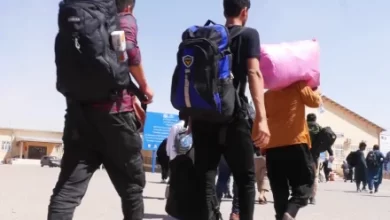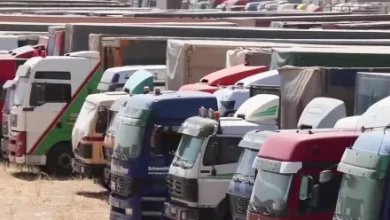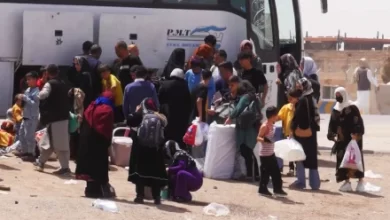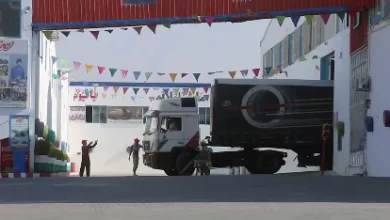Senior officials meet in Brussels to coordinate global response to Afghanistan crisis
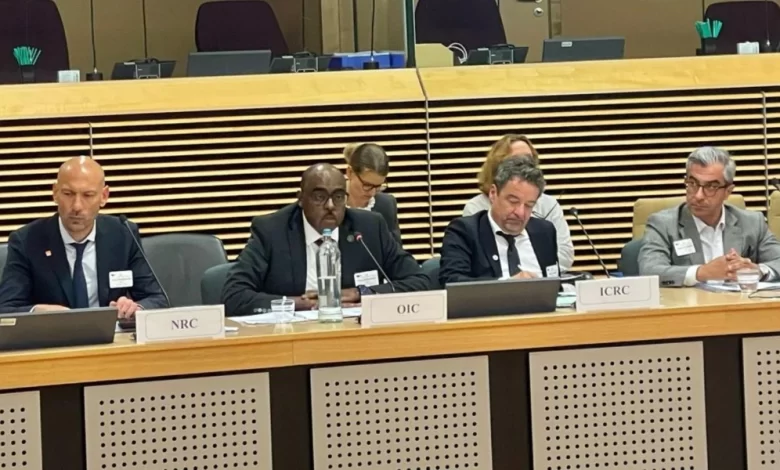
Senior officials from the European Union, United Nations, G7 countries, Gulf states, and civil society groups gathered in Brussels this week for a high-level Senior Officials Meeting (SOM) focused on coordinating international efforts to address Afghanistan’s humanitarian crisis.
The two-day conference, co-hosted by the European External Action Service (EEAS) and the EU’s development and humanitarian arms (DG INTPA and DG ECHO), came amid growing concern over Afghanistan’s humanitarian crisis. According to the UN, more than 23 million people in the country are in urgent need of humanitarian assistance.
“The discussions focused on political developments, humanitarian challenges, and basic needs support in the country, including a new EU humanitarian aid package of over €161 million for vulnerable populations in Afghanistan and neighbouring countries,” a statement issued by EEAS read.
“The humanitarian aid package announced by the EU will provide food, healthcare, malnutrition treatment, clean water, sanitation, legal and protection services, emergency education (especially for girls), and disaster preparedness.
“All aid is delivered exclusively through humanitarian partners working directly on the ground,” the statement read.
The Organisation of Islamic Cooperation (OIC) also took part, with its delegation highlighting the role of the Afghanistan Humanitarian Trust Fund, managed by the Islamic Development Bank, in supporting neutral and needs-based aid delivery.
EU officials stressed that humanitarian assistance must remain non-political and reach all regions of Afghanistan. They also called for renewed coordination among donors, aid organizations, and regional actors to prevent further collapse of basic services.
The participants also explored ways to improve the living conditions of the Afghan population, especially through agricultural development, private sector engagement, and access to finance.
They put a strong emphasis on the principled “by women, for women” approach to aid delivery. This is critical for ensuring women’s participation and fostering local economic growth, their statement read.
